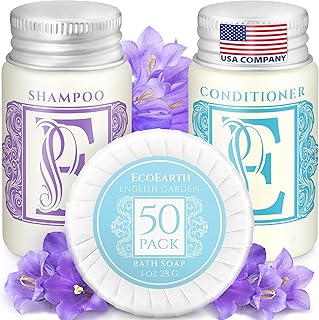As the number of millionaires continues to rise globally and consumer preferences shift towards experiential luxury, the luxury hospitality industry is poised for significant growth. Nicholas Nahas, a partner at Arthur D. Little, highlights five key ways in which luxury hospitality delivers a unique and differentiated experience.
The luxury hospitality sector is increasingly focusing on personalized exclusive experiences to cater to the evolving demands of well-traveled guests. For instance, the Soneva Secret in the Maldives offers a secluded retreat with bespoke services such as dedicated assistants and private chefs, set against the backdrop of a pristine atoll for unparalleled privacy and exclusivity. Boutique hotels are also enhancing guest experiences with tailored services like personalized dining experiences and luxury brand collaborations.
Wellness and well-being offerings have become a cornerstone of luxury hospitality, reflecting the growing trend of health-conscious travelers. Luxury hotels are introducing innovative wellness solutions such as exclusive yoga retreats, advanced sleep technologies, and unique spa treatments to promote guest well-being. Properties like Sensei Porcupine Creek in Palm Springs offer specialized programs, blending wellness with luxury experiences.
The rise of sustainable luxury hotels underscores a commitment to environmental responsibility without compromising on luxury. Properties like Six Senses Southern Dunes and Four Seasons Maui at Wailea are leading the way with eco-friendly initiatives, including sustainable dining options and regenerative tourism experiences that allow guests to engage with local cultures and support environmental conservation efforts.
Unique culinary journeys are a hallmark of ultra-luxury hotels, offering guests a diverse range of dining experiences that go beyond traditional luxury dining. Hotels like Badrutt’s Palace Hotel in St. Moritz feature innovative dining concepts, including collaborations with Michelin-starred chefs and pop-up culinary experiences to surprise and delight guests.
A culture of excellence sets luxury hospitality apart, emphasizing the importance of personalized service and anticipating guests’ needs to create memorable experiences. Luxury hotels prioritize every guest interaction, from the moment they arrive to their departure, ensuring a seamless and exceptional stay. Staff are trained to provide anticipatory service, going above and beyond to exceed guest expectations and create lasting impressions.
Looking ahead, the luxury hospitality sector is poised for continued growth, driven by a rising number of affluent travelers seeking unique and exclusive experiences. The demand for luxury hotel rooms is expected to outpace supply, leading to higher average daily rates at ultra-luxury properties. Business travelers are also contributing to the demand for luxury accommodations as companies increasingly prioritize employee well-being and corporate retreats.
In conclusion, luxury hospitality continues to evolve to meet the changing preferences of discerning travelers, offering bespoke experiences, wellness-focused amenities, sustainable practices, culinary innovations, and a culture of excellence that sets the industry apart in delivering unparalleled luxury stays.
📰 Related Articles
- Hyatt’s Luxury Brands Redefine Personalized Travel Experiences
- 2025 Interior Design Trends: Embracing Personalized Luxury and Craftsmanship
- Škoda Enyaq Interior: Sustainable Luxury and Innovative Features
- eBay Report Reveals Fall 2025 Luxury Fashion Trends
- Zanzibar Unveils Luxury Marine Reserve for Sustainable Tourism






